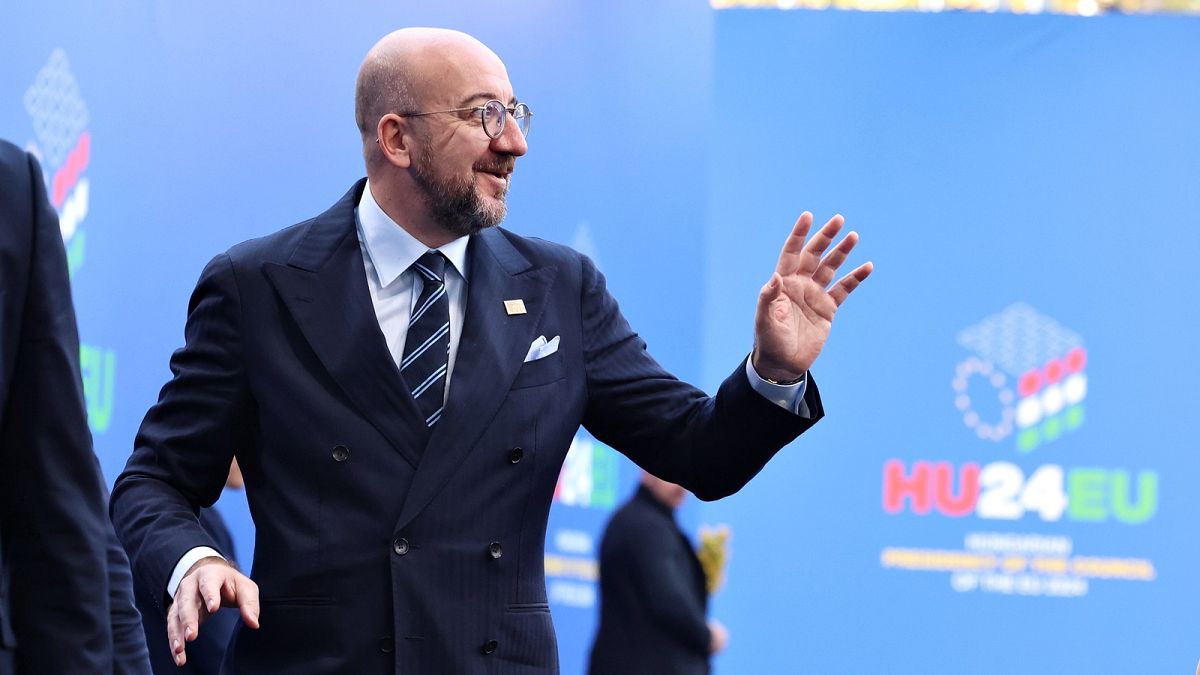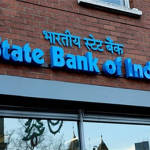The question of whether to issue joint debt to boost the EU’s competitiveness is currently dividing political leaders. European Council President Charles Michel stated that “everything is on the table”, including potentially issuing fresh common debt, to address the bloc’s sluggish competitiveness compared to global competitors like the United States and China. EU leaders are meeting in Budapest to discuss a report by Mario Draghi that highlights the need for around €800 billion in additional investments each year to stay competitive. However, some member states, such as Germany and the Netherlands, are against the idea of issuing joint debt, creating a potential obstacle to reaching a consensus on the issue.
Michel praised Draghi’s report as an “excellent basis” for the ongoing debate and emphasized that discussions on joint debt financing are necessary given the EU’s goal of increasing its competitiveness. The issue of joint debt financing will be an essential part of the negotiations for the bloc’s budget from 2028-2034, which are set to begin in the summer. Despite opposition from some member states, Draghi stressed the importance of addressing the fragmentation in the EU’s single market and developing a Capital Markets Union to drive investment in key sectors like defense, renewable energy, and high-tech.
Draghi’s warning about the urgency of the situation highlighted the potential threat posed by the election of US President Donald Trump and his protectionist agenda. With the US laying out plans to relocate industries and impose import tariffs, EU leaders must act decisively to prevent the competitiveness gap between the EU and the US from becoming irreversible. The need for a united approach and decisive action was emphasized by Draghi, who urged leaders to avoid further delays in making crucial decisions to avoid stagnation and lower growth in the EU’s economy.
The draft declaration of the Budapest summit, titled “The New European Competitiveness Deal,” focuses on “financing” but does not explicitly mention joint debt. While Draghi views joint debt as “indispensable”, he also suggests that other decisions can be made without immediately addressing the issue of common public financing. The development of the Capital Markets Union and the European Investment Bank were highlighted as alternative tools that can bring in financial resources in a less controversial way, according to Michel and Draghi. The prospect of joint debt financing remains a divisive issue among member states, with unanimity needed for any decisions on the EU budget.
As discussions continue on the future of the EU’s competitiveness, the pressure to reach a consensus on joint debt financing is mounting. With global competitors like the US and China making significant strides in various sectors, the EU must act swiftly to secure its position in the global market. The urgency highlighted by Draghi underscores the need for EU leaders to come together and make crucial decisions to prevent further stagnation and ensure sustainable growth for the bloc. The debate on joint debt financing will likely continue to be a contentious issue, with member states holding differing opinions on the best course of action to boost the EU’s competitiveness in the global arena.










